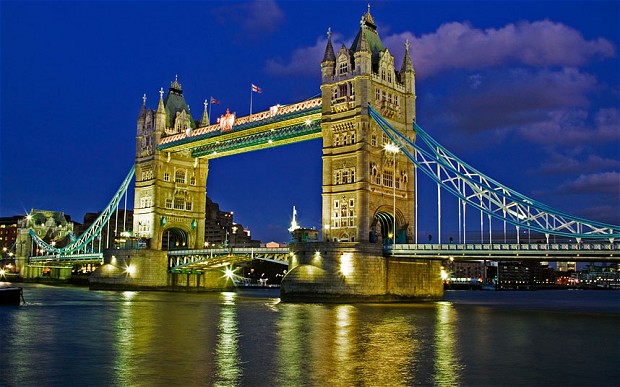Traditions & Culture
Britishliterature, music, cinema, art, theater, comedy, media, television, philosophy, architecture and education are important aspects of British culture.
Food:
British cuisine has traditionally been limited in its international recognition to the full breakfast, fish and chips, and the Christmas dinner. British cuisine has many regional varieties within the broader categories of English, Scottish and Welsh cuisine. Each has developed its own regional or local dishes.
Safety:
Even before you leave your country, even before you decide on the university you want to head to, it might be worth finding out which is a safe city to study in the UK. While travelling, be aware of your surroundings at all times, and avoid exhibiting your assets. UK is a “safe and tolerant” place to study. By taking all the precautions you can, you can ensure you enjoy a peaceful time while in the UK.
Welfare:
Welfare is vital for everyone. All the college and the universities provide a selection of training days on specific aspects of student support, including the safeguarding of young students, mental health issues, special educational needs and managing student accommodation and etc.
Health:
It’s important to look after your health when moving away from home for the first time. NHS (National Health Service) is just a call away for all your health (mental or physical) related issues.
Transport:
Urban rail networks exist in London, Manchester, Birmingham,
Edinburgh, Glasgow, Cardiff, Belfast, Leeds and Liverpool. There are many regional and international airports, with Heathrow Airport in London being one of the busiest in the world.
Train:
There’s a really efficient rail network across Britain. Anyone in full-time study qualifies for a 16-25 Railcard, which saves you a third on most journeys you make. It costs £30 a year, which should make it worthwhile, even if you only make occasional journeys.
Buses:
You can get lots of discounts with your weekly, monthly or annual passes, which will save you money throughout the year.
Coaches:
Coaches are a good choice for students, especially for long distance journeys.
Cycling:
If you can put up with the British weather, cycling can be a cheap and effective way to travel.
Driving:
If you want to drive in the UK, you’ll need to first pass your driving test and get taxed and insured. Cars over three years old also need to pass an Ministry of Transport (MOT) test annually, to make sure it is still safe to drive.
Taxis:
In all cities around the country, you should be able to flag down a taxi easily if you’re in a hurry.
